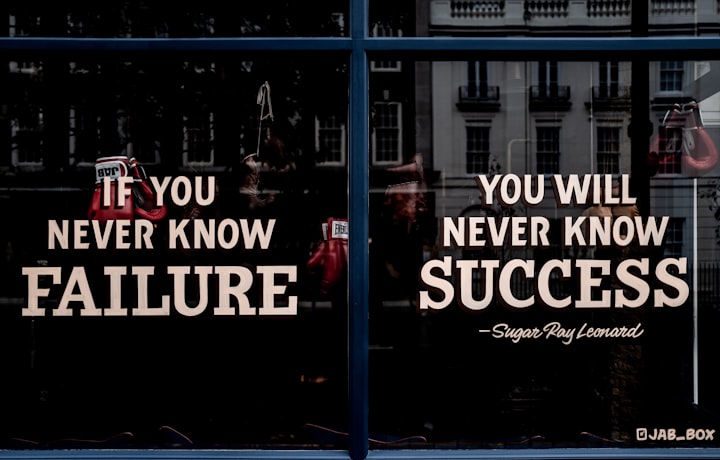Comparing Apple and Sony and Their Approach to Social Responsibility
Both Apple and Sony then would appear to conform to more of an ethical relativism school of thought.

In order to maintain ethical standards, every company must decide whether they will conform to either the school of ethical universalism, ethical relativism, or the integrated social contracts theory. Obviously there are pros and cons to all three of these schools of thought. Also, every successful company should develop a strategy that exemplifies that they are socially responsible. The U.S. based company Apple and the overseas company Sony both have similar schools of thought when it comes to their corporate ethical standards. However, Apple and Sony have taken unique steps toward proving that they are socially responsible companies.
It would appear that most companies in this day and age tend to follow the school of ethical relativism as opposed to the other two schools of ethical standards. One main ethical dilemma that has been uncovered within the ethical relativism mindset is the use of underage labor. Interestingly enough, “human rights organization Amnesty accused Apple, Samsung and Sony, among others, of failing to do basic checks to ensure minerals used in their products are not mined by children” (Wakefield 2016). These kinds of accusations have cost Apple and Sony lots of money and it forces the companies to do internal investigations in order to readjust any suspicious activity in their supply chains. Negative news coverage is also extremely damaging to large companies and reflects so as seen in stock market drops. Another reason why both Apple and Sony most likely are companies that entertain ethical relativism is due to their large size and also the vast array of countries in which they operate. It makes logical sense that it would be easier for a company to bend to the ethical norms from country to country in order to come across as being more appealing globally. Both Apple and Sony then would appear to conform to more of an ethical relativism school of thought.
On a more positive note, Apple and Sony have both taken impressive action with corporate social responsibility. Corporate social responsibility is defined as being, “a company’s duty to operate in an honorable manner, provide good working conditions for employees, encourage workforce diversity, be a good steward of the environment, and actively work to better the quality of life…” (Thompson 2016). Over the course of the last decade, Apple has really focused on developing their products to be more environmentally friendly and energy efficient. “In the last six years, the average total power consumed by Apple products has dropped by 57%. The world’s most energy-efficient desktop computer is Mac mini. Today’s iMac uses 97% less electricity in sleep mode than the first iMac” (Werth 2014). Apple has also made great effort to reduce its carbon footprint by decreasing toxic emissions and recycling more. Sony on the other hand has focused more on sustainability on a much larger scale than that of Apple. Sony has developed seventeen major sustainability goals which aim to transform the world. However, Sony would appear to focus more specifically on: “ ‘quality education,’ ‘gender equality,’ ‘industry, innovation and infrastructure,’ and ‘partnerships for the goals,’ respectively, by drawing on the capabilities of Sony Group employees and its partnerships with stakeholders, and by utilizing its products, services, technologies, and innovations” (CSR reporting). Clearly then, the major difference between Apple and Sony is that one focuses more on producing greener products whereas the other focuses more on aiding in big-picture humanitarian causes. Apple possesses more of a practical approach and Sony yields a more visionary approach when it comes to their corporate social responsibility strategies.
My personal opinion in regards to Apple and Sony’s philosophy of utilizing an ethical relativism approach is that it is highly dangerous in the long-run. It may work for a while, but I believe that in order for companies to be successful in the long-term they should possess a universal ethical system in which they abide by and operate their business activities. Yes, there are differences throughout the world’s cultures, but all people deserve respect and rules that are consistent throughout the entire company so as to have an overall good reputation worldwide. As far as the focus of Apple and Sony’s corporate social strategies, I actually would prefer there to be a mix of both of their strategies. Corporate social strategies should be both practical, in the here-and-now, but they should also be visionary and far-reaching in scope.
In summary, Apple and Sony have a similar ethical relativism approach within their companies, whereas they have dissimilar approaches with their strategic planning in regards to corporate social responsibility. It will be interesting to follow both companies as they progress with their ethical standards and witness how these standards may shift from time to time in order to meet the company’s needs. Also, it will be fascinating to watch the companies as they continue to develop and implement their corporate social responsibility strategies, hopefully some of which will help leave the world a better place.
Resources
CSR Reporting. (n.d.). Retrieved March 27, 2017, from http://www.sony.net/SonyInfo/csr_report/about/
Posted on 1.5.14 / Categories: blog, Carlotta Werth, CSR , Gl4CSR. (n.d.). Corporate Social Responsibility: Apple is one step ahead. Retrieved March 27, 2017, from http://www.gl4b.org/2014/05/corporate-social-responsibility-apple.html
Thompson, A., Peteraf, M., Gamble, J., & Strickland, A.J. (2016) Crafting and executing Strategy. The quest for competitive advantage.( Twentieth edition). New York, NY: McGraw Hill
Wakefield, J. (2016, January 19). Apple, Samsung and Sony face child labour claims. Retrieved March 27, 2017, from http://www.bbc.com/news/technology-35311456
About the Creator
Rowan Finley
Father. Academic Advisor. Musician. Writer. Aspiring licensed mental health counselor. My real name is Jesse Balogh.






Comments
There are no comments for this story
Be the first to respond and start the conversation.